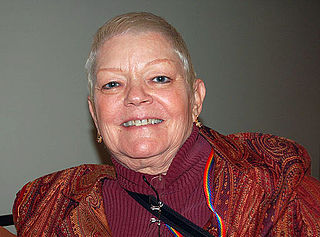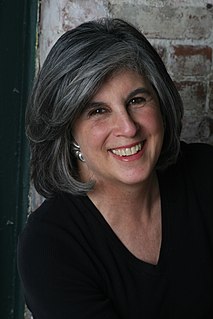A Quote by Cynthia Voigt
I'm a big fan of outlining. Here's the theory: If I outline, then I can see the mistakes I'm liable to make. They come out more clearly in the outline than they do in the pages.
Related Quotes
A lot of people think that they are really cool because they don't outline. In my writing group, they would say, "I will never outline. I let the characters take me." C'mon, man - I outline the story, but it's only like one page. It's a list of possible reversals in the story, like things where everything will just change because of this certain reveal or this certain action. Then I start really digging into the character because, to me, I don't care what the story is.





































